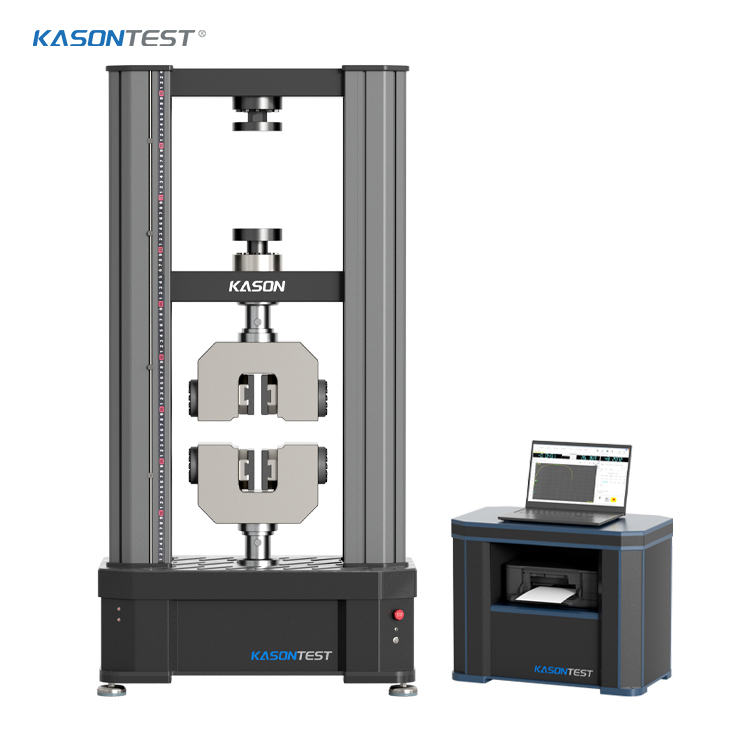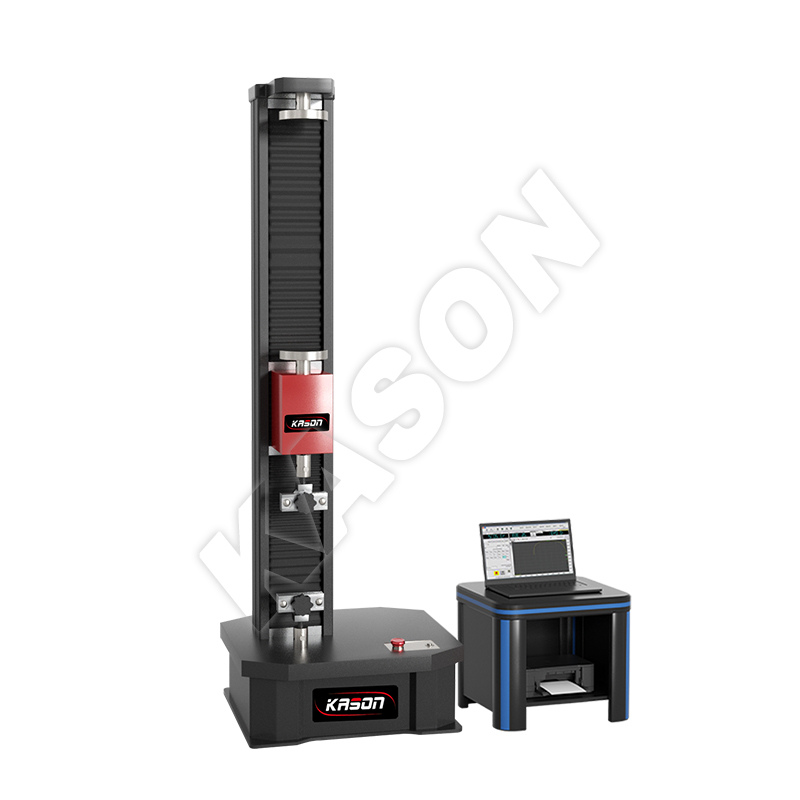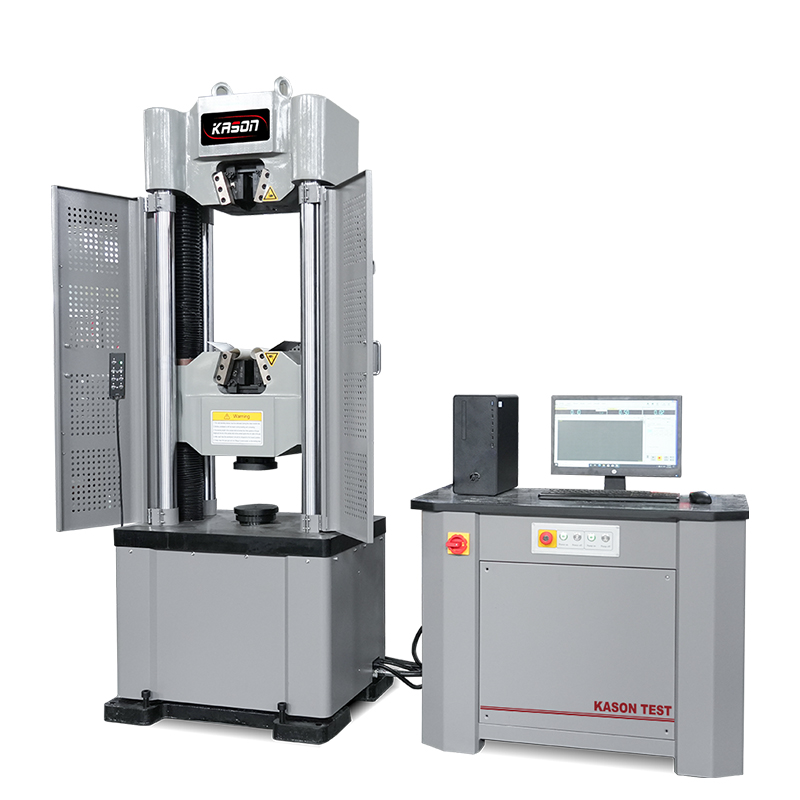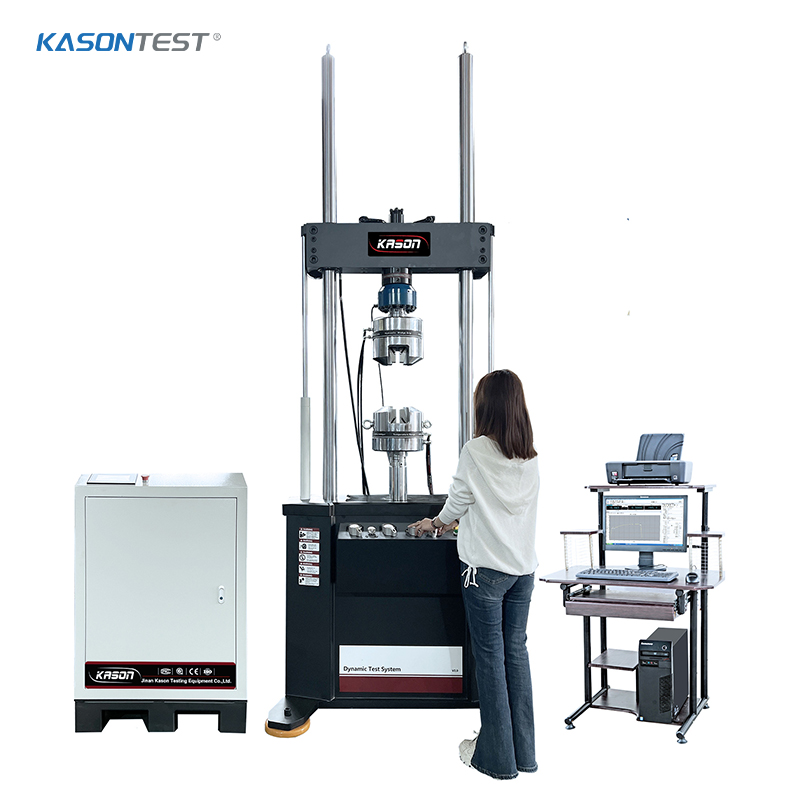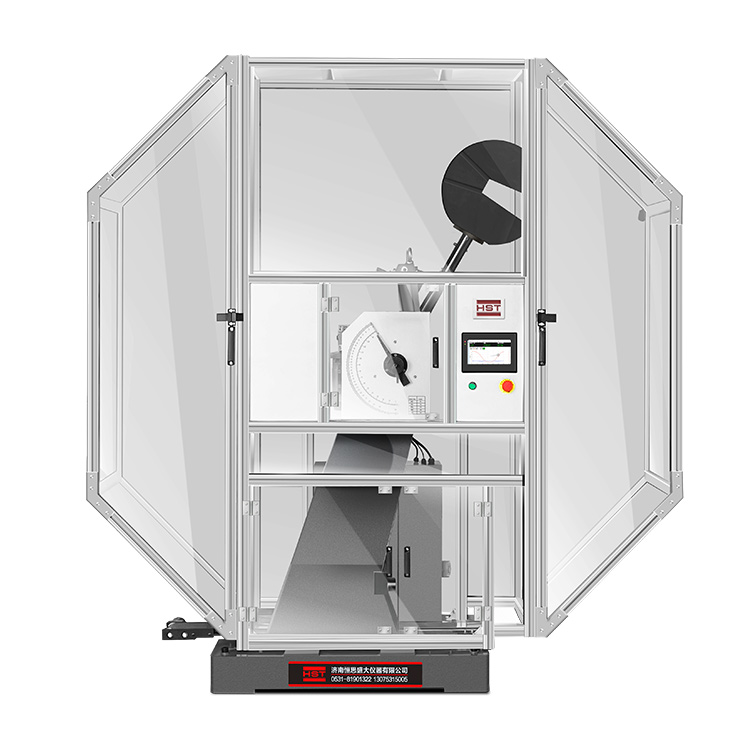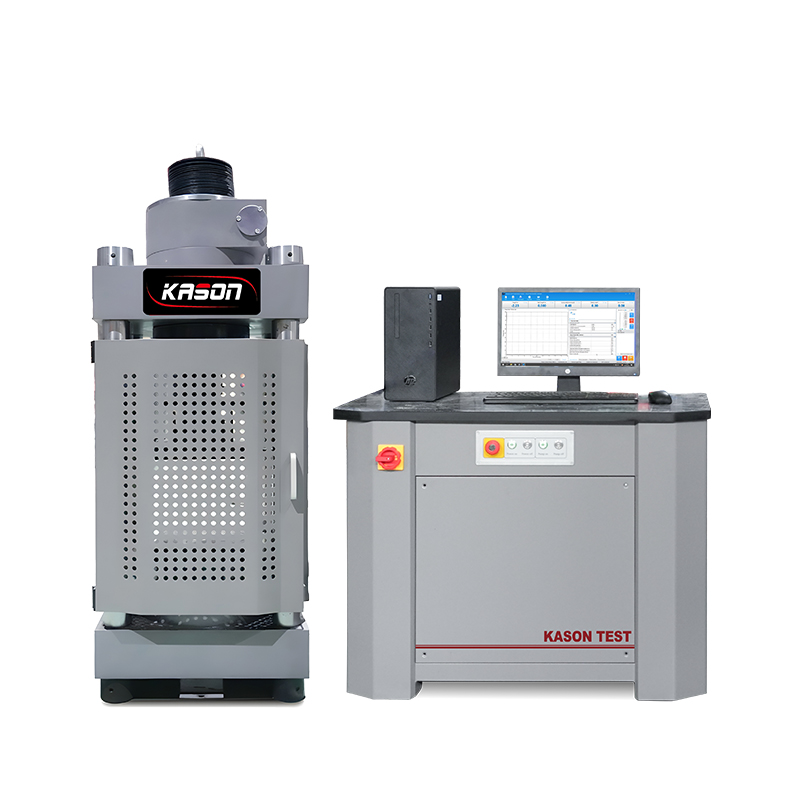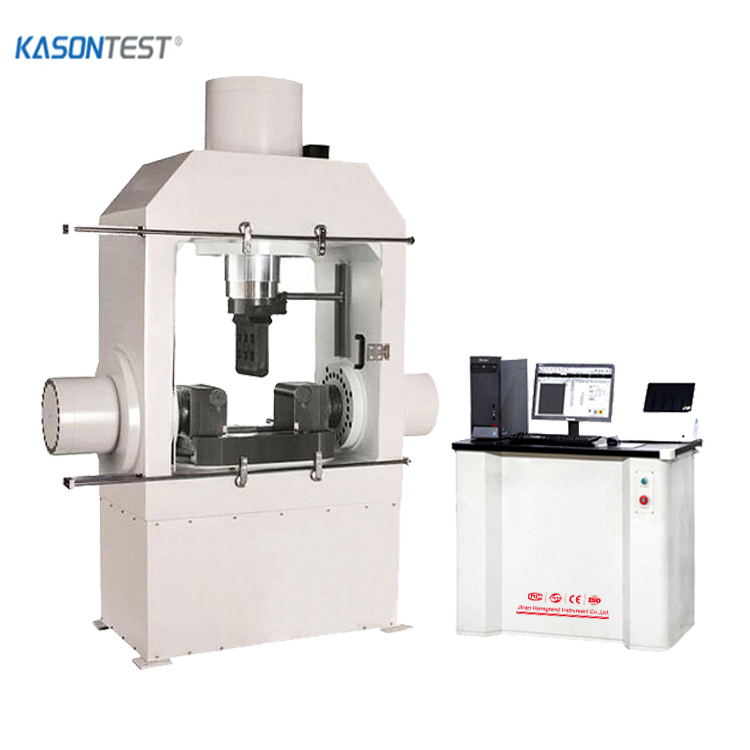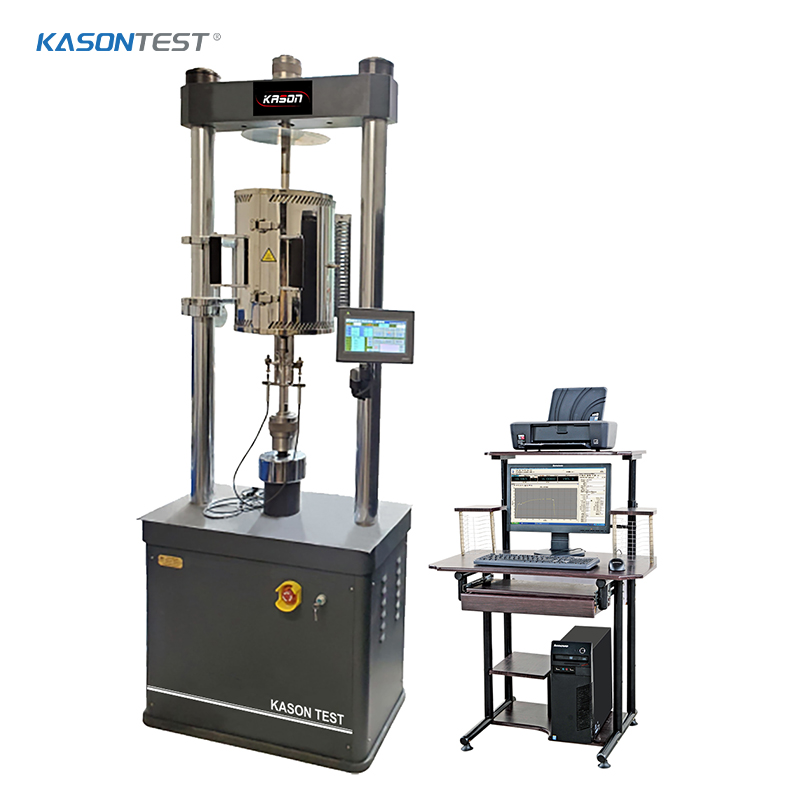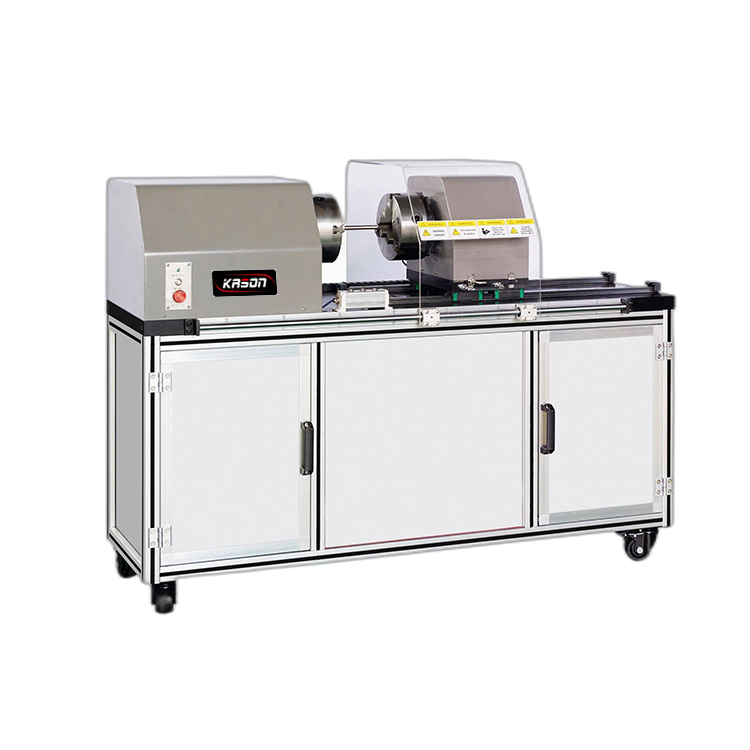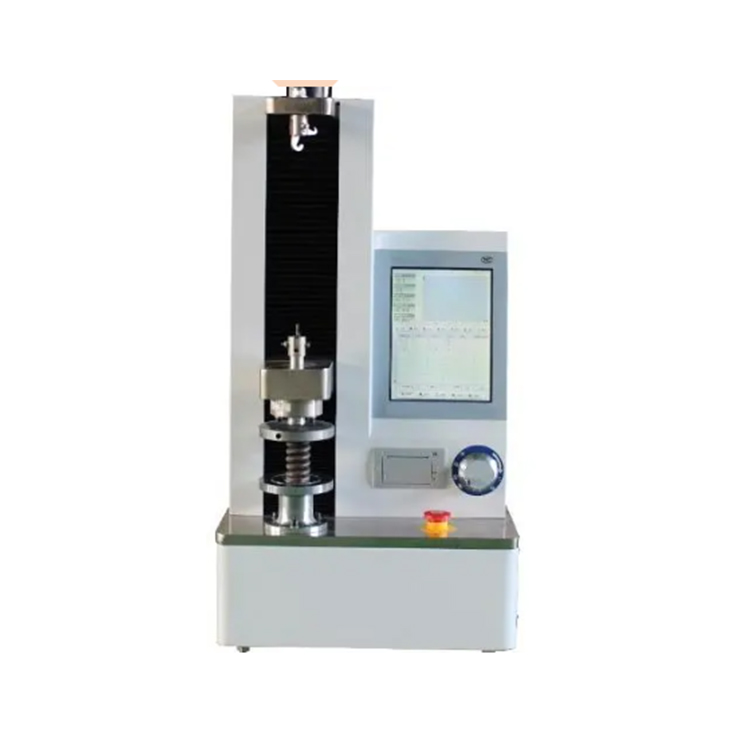ASTM A370: Mechanical Testing of Steel Products
ASTM A370 is one of the most broadly recognized and encompassing standards for measuring the tensile strength of metals. It is used by many industries such as construction and automotive manufacturing where safety is dependent on the quality of materials. In addition to tension tests, the standard also outlines charpy impact, bend, and Brinell and Rockwell hardness tests on metals, which are further discussed by standards ASTM E-23, ASTM E190, ASTM E10, and ASTM E18.
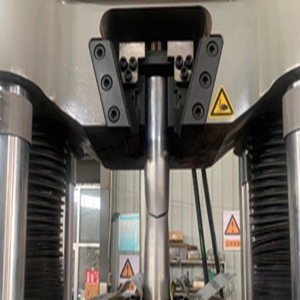
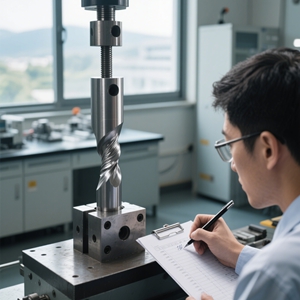
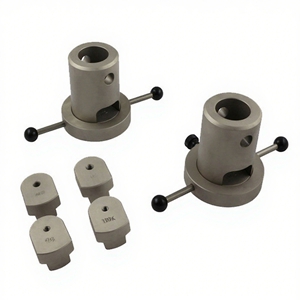
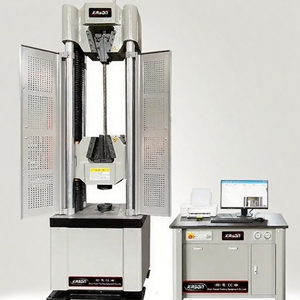
This guide is designed to introduce you to the basic elements of an ASTM A370 tensile test and provide an overview of the testing equipment, software, and specimens needed. This guide is not considered an adequate substitute for reading and following the full standard.
DIFFERENCES BETWEEN ASTM A370 AND ASTM E8
ASTM A370 shares the same testing equipment and test methods as another major metals testing standard, ASTM E8. A370 differs from E8 in that it further defines the specimen characteristics of steels specific to several different product types. These products discuss the testing of bar, tube, fasteners, and round wire, and are included in the annexes to ASTM A370 along with some procedural clarification. It is important to note that although the annexed sections are supplementary to the general section of the standard, the product standard often prevails in the event of conflict.
WHAT DOES IT MEASURE?
Though ASTM A370 references different test types, tensile testing is the primary focus. The most commonly measured properties are the following:
Modulus of Elasticity – A measurement of a material's resistance to elastic deformation
Yield Strength - The stress at which a material becomes permanently deformed
Tensile Strength - The maximum force or stress that a material is capable of sustaining
Reduction of Area - A measurement of the ductility of a material
Total Elongation – A measurement of the percentage increase in length after failure
MATERIALS TESTING SYSTEM
Because ASTM A370 testing is conducted on such a wide variety of steel products and specimen geometries, system force requirements can differ greatly. Instron's Industrial Series offers test frames suitable for testing machined stainless steel rounds (300kN) all the way up to thick wall tubular products (2000kN). The Industrial Series load frames include high-stiffness ball screws and columns, strain gauge load measurement, and backlash elimination for durability. These features contribute to better performance by producing more accurate results and minimizing the energy stored during a test, which is especially evident when testing high-strength materials such as spring wire and large diameter fasteners.

